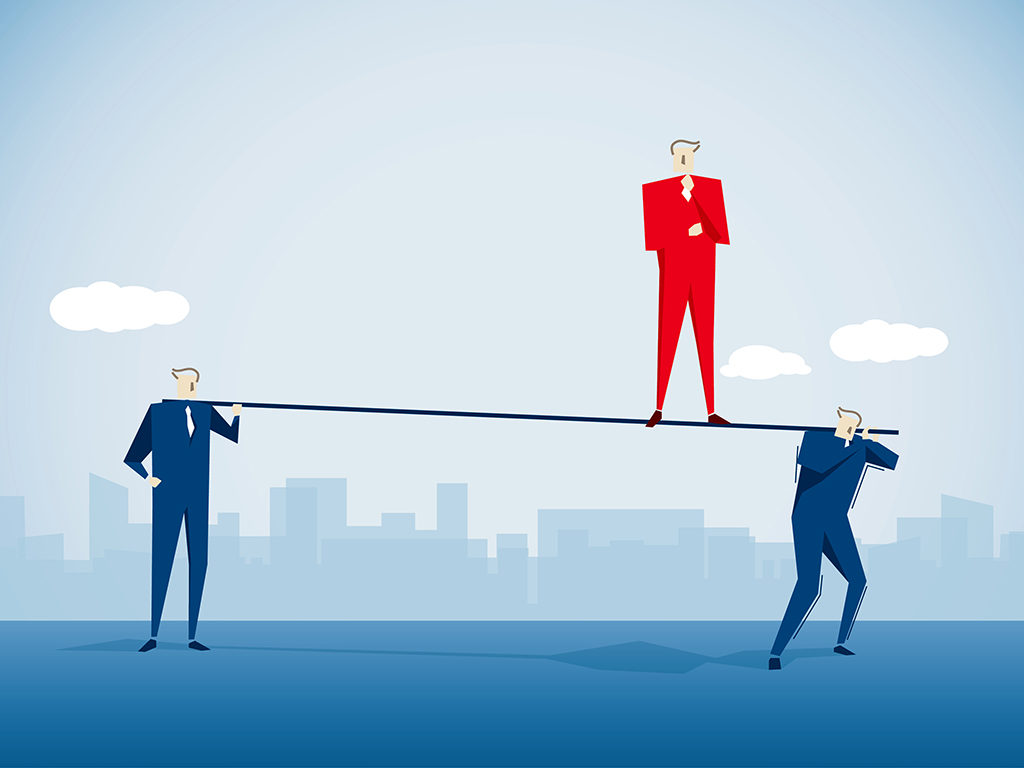At the end of 2016 I published a post entitled “The war of the century which will define our future”. There I noted that globalization had caused the Capital – Labor balance which ensured the sustained growth of a thriving middle class in the advanced economies after the second world war to be broken. In the last decade, the elites` greed combined with a lack of a competing alternative ideology and political set up, such as socialism, resulted in a dramatic erosion of the Western middle class mainly after the crisis paralleled by a documented increase in economic and social inequality.
“Under these circumstances, the majority, the Labor holders, resorted to the one tool they had available to try and restore the balance against the wealthy few: the democratic system. This is a system that assigns equal importance to all individuals, irrespective of how poor or rich they are: one person one ballot. And the voting machinery of the many started rolling by advancing the political forces with a populist and anti-establishment agenda that is against those profiting from Capital management.” That was the argument that I presented in the aforementioned post.
 Looking, however, at the latest political and economic developments I am beginning to doubt the ability of democracy to contain the imbalances caused by the excessive power yielded by Capital. As I was writing in “Do you really know what Europeans voted for?” the politicians` agenda seems thwarted and guided towards any topic other than the social inequality on the rise throughout most of the West, deliberately or merely by living in a world of their own, disconnected from people`s agenda. A similar state of play is reported by a recent article in The Economist, which puts forward an interesting and well-documented analysis more inclined to assume premeditation.
Looking, however, at the latest political and economic developments I am beginning to doubt the ability of democracy to contain the imbalances caused by the excessive power yielded by Capital. As I was writing in “Do you really know what Europeans voted for?” the politicians` agenda seems thwarted and guided towards any topic other than the social inequality on the rise throughout most of the West, deliberately or merely by living in a world of their own, disconnected from people`s agenda. A similar state of play is reported by a recent article in The Economist, which puts forward an interesting and well-documented analysis more inclined to assume premeditation.
A first observation is that politicians, self-proclaimed populists or not, seem oblivious of the rising inequalities in their own countries. The problems that they choose to address are immigration or sovereignty, leaving aside, surprisingly or not, a phenomenon which is far too significant to ignore. In this context, we should note that even president Trump, so concerned with the fate of the average American, felt it was best to give preferential tax treatment to the…rich.
These developments seem counterintuitive. The expected result should have been a democratic system where those applying wealth redistribution measures which limit economic gaps would win the majority`s favor. However, the way things evolved in the aftermath of the crisis, showed a shift towards further polarization within the rich countries with established democracies.
This situation warrants a question. Do people really not care about rising inequality when they cast their ballot or is their attention guided towards matters posing fewer risks for the ruling elites?
The Economist mentions a research conducted in both the US and Europe showing that more than 2/3 of citizens are worried by increased inequality. So isn`t their vote misguided by the creation of “more important fears” related to immigrants, the Chinese, lost national identity etc.?
The studies carried out in the States and mentioned by The Economist show the overwhelming influence that the financial elite has on politicians. Thirty thousand people account for 80% of political donations. But the direct funding of political parties is just one of the means. At the end of the day, the important thing is to move public opinion in a particular direction that wins over as many voters as possible. That is the idea behind financing think-tanks or using bought or owned media outlets, not to mention the targeted social media campaigns.
Henceforth, there are two scenarios each with their own supporters among political analysts. Under the first, optimistic scenario, the assumption is that democracy will be able to provide a system which will eventually reverse the trend of rising social inequality by promoting the political leaders who have it on their agendas. The second, more pessimistic scenario, argues that throughout history, extreme social polarization has only been reined in by revolutions or wars.
The fact that revolutions and wars have never been the mean employed by societies with high democratic standards could favor in my opinion the optimistic version. The lack of these standards caused tensions to accumulate or decisions to be made by a handful of people driven by their own ambitions.
And yet… We have to admit that at no point in human history has a similar situation ever emerged when powerful instruments may be used to influence large masses of people into a particular direction and thus create the right premises for a certain political school of thought or party. The manipulation behind Brexit, now in the open is just one example.
So how effective can democracy continue to be in curbing the power of the already too powerful?
Have a nice weekend!



